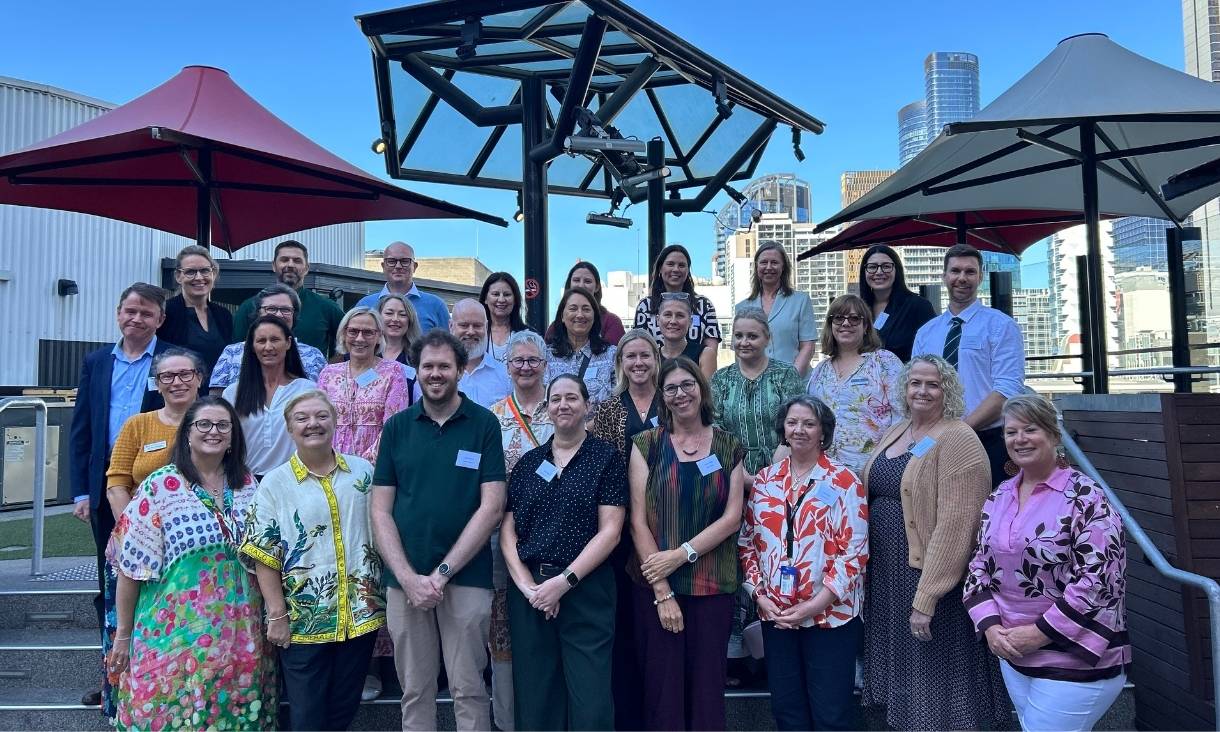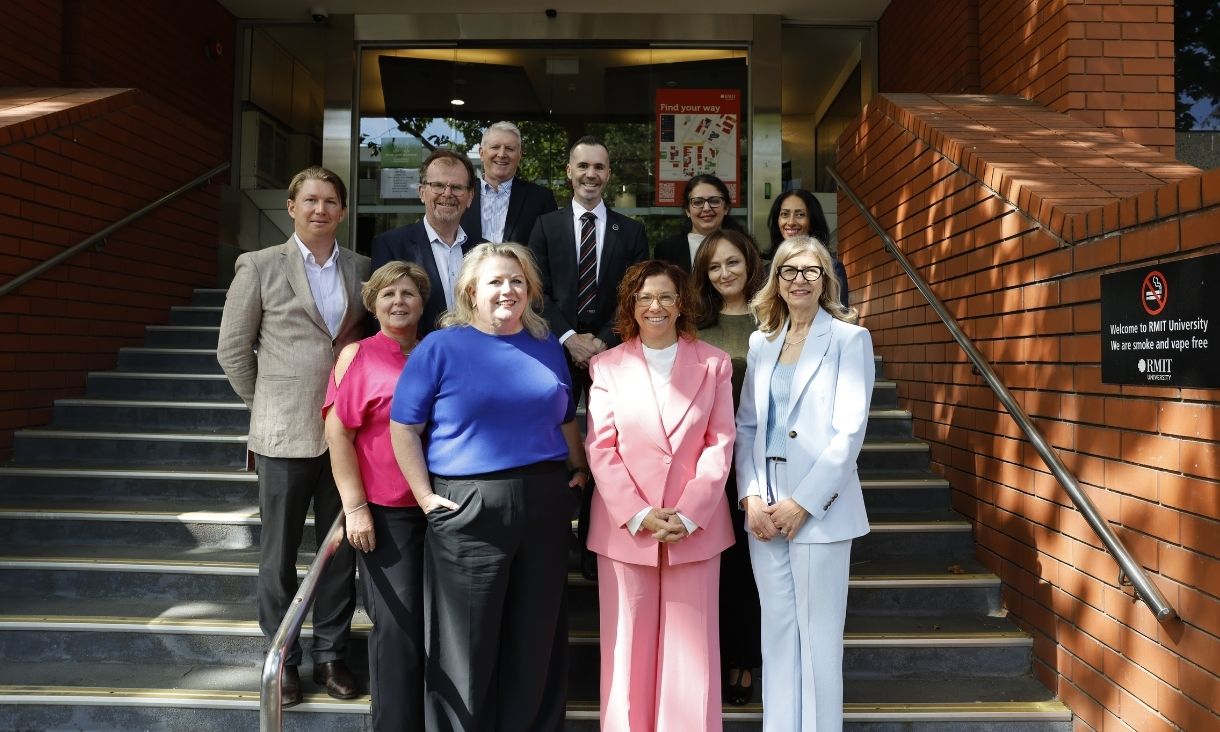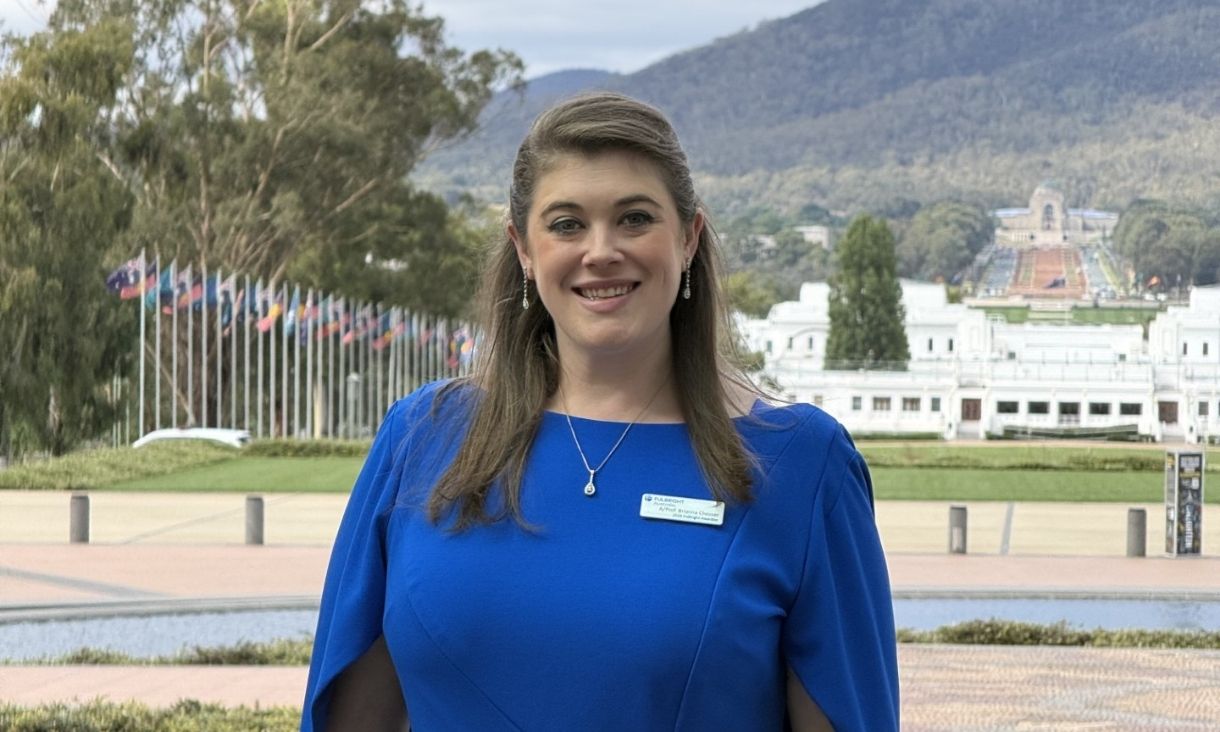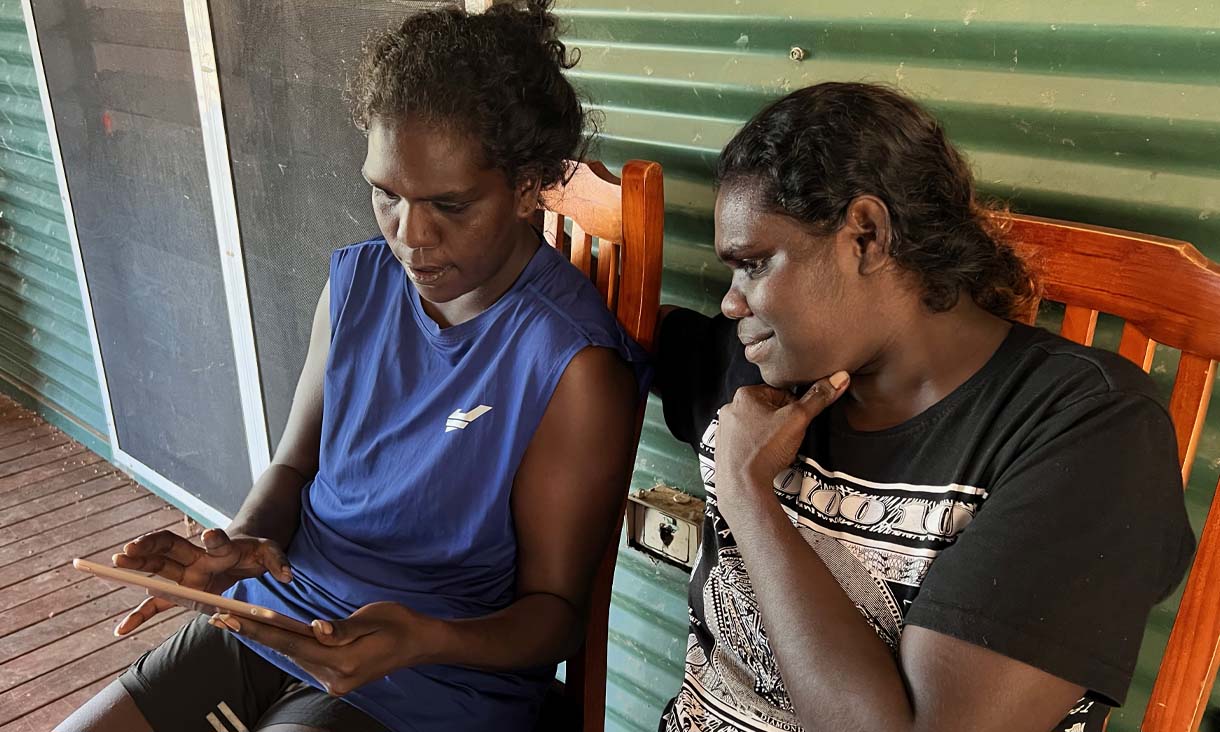Dr Angel Zhong is Associate Professor in Finance, specialising in global financial markets, behaviour and trends.
“The data shows us Australians are ‘revenge travelling’ despite recent economic pressures. But there are still ways to keep holiday costs low, including being conscious of your spending, being flexible with your travel dates, and using comparison websites to find the best deals.
“Opt for travel destinations that offer good value for money, such as places with favorable exchange rates or a lower cost of living. Recent data shows Indonesia is a top travel destination for Australians.
“Plan a daily spending limit for your trip to keep track of expenses and stick to this budget to avoid overspending. Decide how much you’re willing to spend on the entire trip, including flights, accommodation, meals and activities.”
Justin Brownjohn is Operations Manager at the RMIT Aviation Academy and a former network controller for major airlines.
“Travel hacking is not a new phenomenon, but it’s becoming more prominent in today’s inflationary environment. Historically, travellers have reduced costs by using frequent flyer points, point-stacking, seeking points bonuses and redeeming them smartly.
“You can also save by booking in advance. Absolutely never book 12 months ahead - this is when airlines automatically release their schedules, which is when the most expensive fares are made available and you’ll be at risk of fare dropping.
“Usually the best time to book flights is between six to eight weeks ahead for domestic travel and three to four months ahead for international travel. The best days to book a flight include on Tuesdays, Saturdays and public holidays.”
Dr Daniel Rayne is a lecturer in marketing, with a focus on consumer behaviour and technology adoption.
“We all know about the dreaded dynamic pricing, where travel websites track your searches and then change prices when you go back to the site. Booking early can help you avoid this – as can sneakily clearing your cookies.
“Accommodation also throws up its own pitfalls with many aggregator sites displaying paid promotions by hotel companies. To get more authentic options, consider consumer forums or social media like TikTok, Reddit or Tripadvisor that offer user insight.
“Finally, avoid tourist traps. This means researching activity options before you leave, but making sure you explore local operators to avoid expensive packages and to get the ‘real’ experience.”
***
General media enquiries: RMIT External Affairs and Media, 0439 704 077 or news@rmit.edu.au






